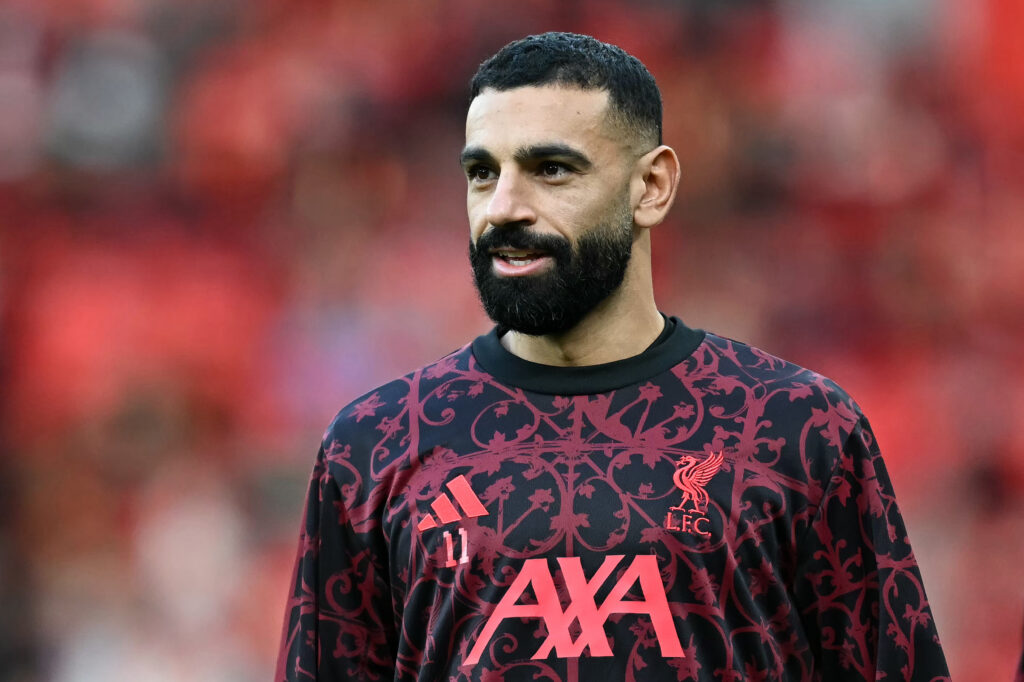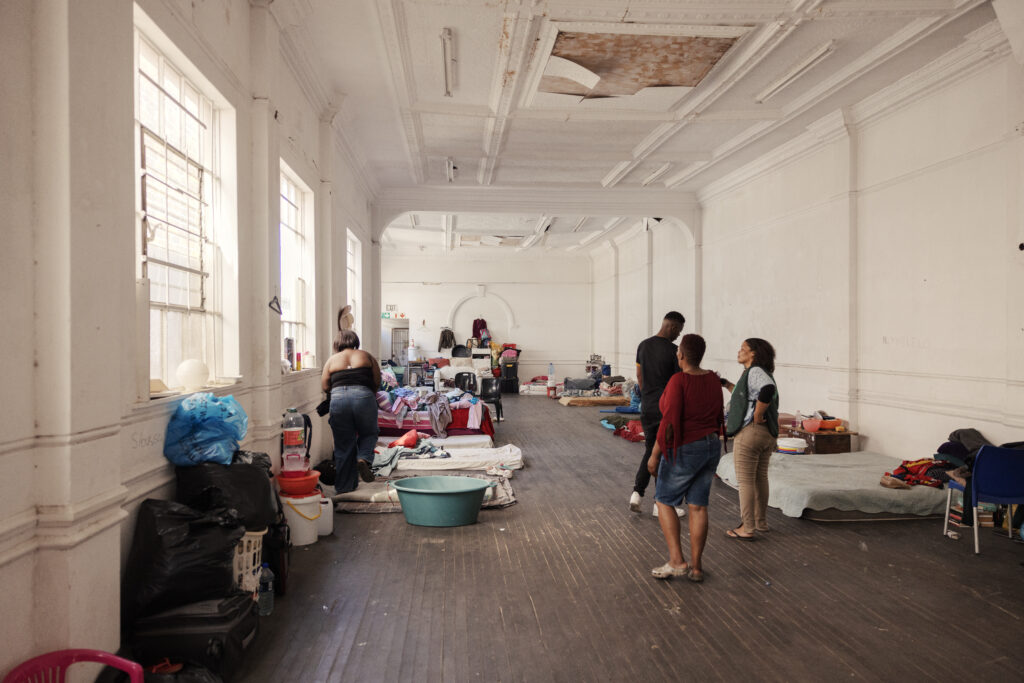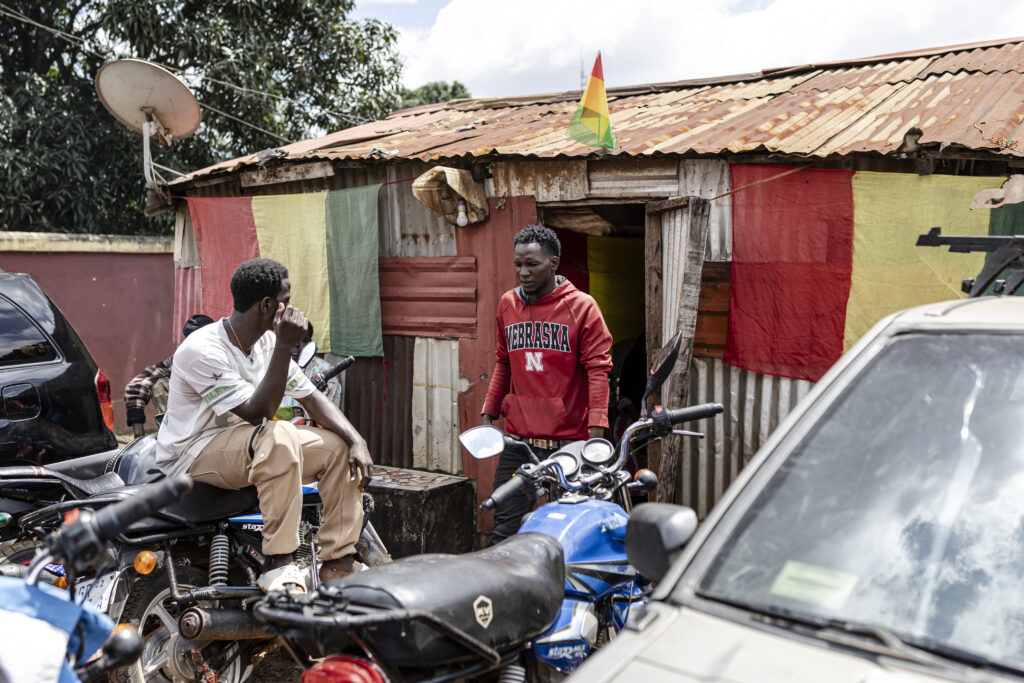CAN-2025: l’Egypte au chevet de Salah
Après sa querelle avec Liverpool, l’icône égyptienne Mohamed Salah a l’occasion de se relancer lors de la CAN au Maroc, où il espère mener enfin les Pharaons, aux petits soins pour lui, vers un huitième sacre qui les fuit depuis 15 ans.Avant le premier match de son équipe lundi face au modeste Zimbabwe (21h00) à Agadir, le sélectionneur égyptien Hossam Hassan a tressé des lauriers à sa star: “Je sens qu’il est extrêmement motivé. Salah est une icône et le restera. Il est l’un des meilleurs joueurs du monde, et je le soutiens dans tout ce qu’il entreprend”.Arrivé avec le groupe égyptien à Taghazout, près d’Agadir (sud), Mohamed Salah y apparait toujours tout sourire, que ce soit lors des séances d’entrainement de l’équipe ou durant les quelques réceptions auxquelles il participe.”Le moral de Salah à l’entraînement est excellent, car il débute tout juste avec l’équipe nationale, et je suis convaincu qu’il réalisera un grand tournoi”, a confirmé Hassan dimanche. “Ça n’a pas toujours été le cas durant le mois de décembre qui s’achève”, a noté le sélectionneur. Frustré de ses prestations depuis le début de saison avec Liverpool, furieux d’être laissé sur le banc à plusieurs reprises par son entraineur Arne Slot, ce qu’il considère comme un crime de lèse-majesté, Salah est sorti de ses gonds le 6 décembre après avoir débuté, à nouveau, un match comme remplaçant, à Leeds.”Je n’arrive pas à y croire. Je suis très déçu. J’ai tellement donné pour ce club. Et me retrouver sur le banc, sans explication, je ne comprends pas. J’ai l’impression que le club m’a trahi”, avait pesté l’attaquant qui, en avril dernier, au bout d’un long feuilleton, avait prolongé de deux saisons son contrat avec les Reds. La tension est nettement redescendue depuis. Salah s’est excusé auprès de ses coéquipiers et Slot considère l’épisode clos.- Deux défaites en finale -Si des discussions vont se tenir entre ses agents et les dirigeants de Liverpool durant la CAN pour savoir si Salah restera sur les bords de la Mersey ou s’il trouvera un autre club après le tournoi marocain, l’icône a pris soin de rejoindre le Maroc en étant le moins fâché possible.”Je ne considère pas ce qui lui est arrivé comme une crise, a encore estimé le sélectionneur égyptien. Ce genre de choses arrive généralement entre les joueurs et le staff technique. Nous sommes restés en contact téléphonique avec lui dès le début, et je l’ai rencontré lorsqu’il a rejoint le stage de l’équipe nationale. Il est entièrement concentré sur le tournoi.”Hassan compte bien miser sur le talent de son attaquant pour guider l’Egypte, nation la plus titrée de l’histoire de la CAN, vers une huitième Coupe.”Chaque fois que les performances de Salah baissent avec son club, il retrouve sa forme en sélection et devient encore meilleur, que ce soit en étant décisif ou en marquant lui-même”, a souligné Hassan.”Mohamed Salah a besoin de remporter la Coupe d’Afrique des nations. Nous allons l’aider et il nous aidera”, a-t-il ajouté.Car, à 33 ans, Salah n’a encore jamais soulevé le trophée, malgré quatre participations, dont deux achevées en finale (2017 et 2021). Et les chances d’y parvenir s’amenuisent.





